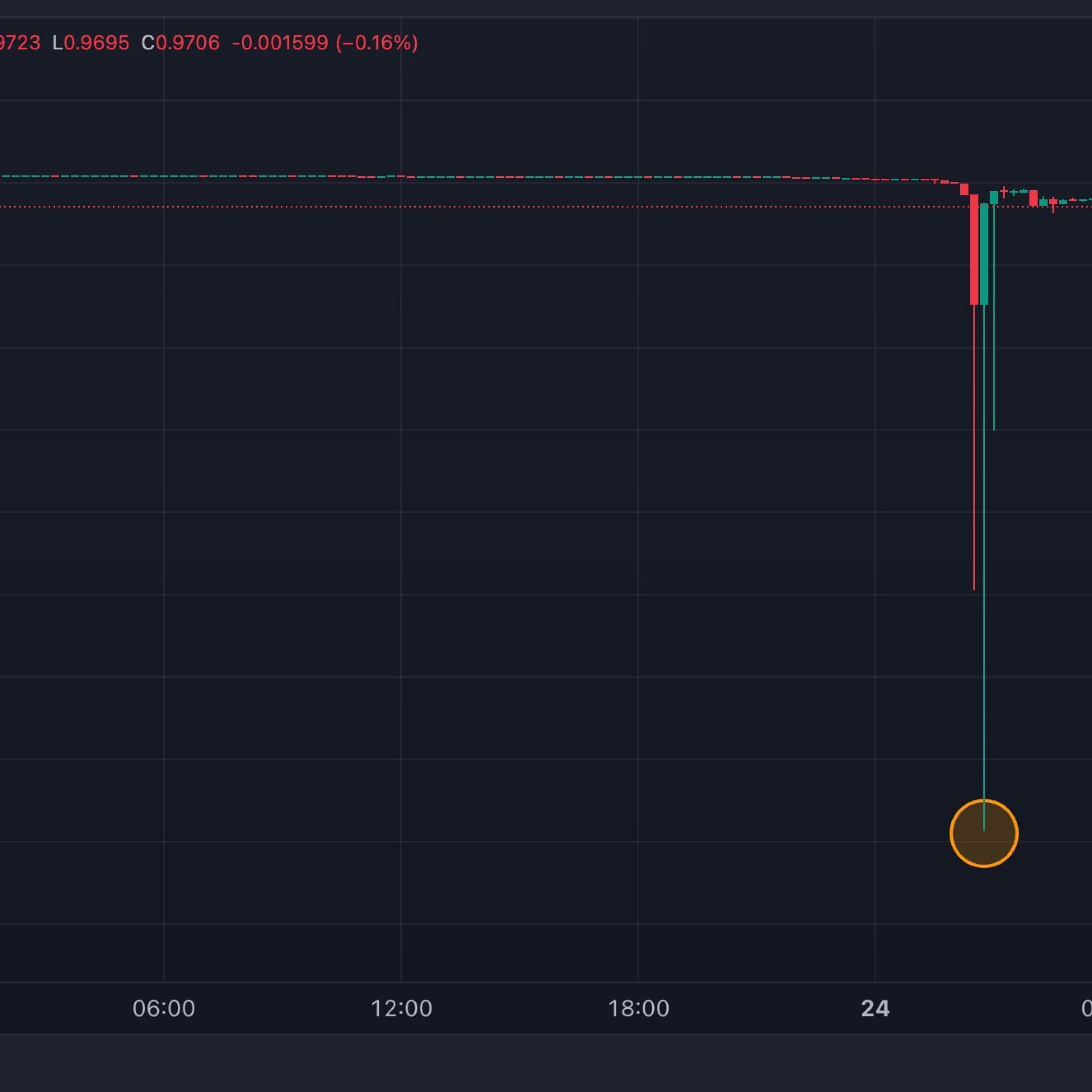Two individuals accused of orchestrating an $18 million fraudulent crypto mining scheme are seeking the dismissal of the lawsuit filed by the United States Securities and Exchange Commission (SEC). Wright Thurston and Kristoffer Krohn, along with the company Green United LLC, were sued by the body in March for allegedly offering securities through the sale of “Green Boxes” and “Green nodes” that were marketed as miners for the GREEN token on the “Green Blockchain.”
The defendants challenge SEC’s authority over crypto
Thurston, the founder of Green United, and Krohn, who contractually promoted the company, have separately filed motions to dismiss the regulator’s lawsuit. Their arguments for dismissal revolve around the claim that the body lacks authority over the cryptocurrency ecosystem, asserting that Congress has already rejected the body’s authority in the crypto space.
The defendants further contend that the its approach to regulating crypto has been inconsistent and unclear, suggesting that the agency is engaging in “regulation by enforcement” rather than pursuing proper legislative or rulemaking processes to establish a coherent regulatory framework.
Thurston and Krohn also challenge the body’s characterization of the Green Boxes as securities offerings or investment contracts, as alleged in the SEC’s complaint. They argue that the body has failed to provide sufficient evidence to support these claims.
The individuals claim there is a lack of securities offering in their service
In the regulator’s lawsuit, it was asserted that the hardware sold by Green United, which was purported to be Bitcoin mining rigs for mining the GREEN token, did not function as advertised, and the Green Blockchain itself was nonexistent. According to the regulator, the scheme raised approximately $18 million, and investors did not receive any of the Bitcoin that was supposed to be mined by Green United.
The body’s Chair Gary Gensler has consistently maintained that the Commission holds authority over cryptocurrencies, stating that most crypto assets, excluding Bitcoin, are classified as securities under the Howey test. The dismissal motions by Thurston and Krohn indicate their strong resistance to its claims and attempt to challenge the agency’s jurisdiction and handling of the case.
The outcome of these motions will determine whether the lawsuit proceeds or is dismissed. As the legal battle unfolds, it highlights the ongoing efforts by regulators to establish clear guidelines and oversight in the rapidly evolving crypto industry. The outcome of this case may have broader implications for the regulators jurisdiction and approach to regulating cryptocurrencies in the future.





